According to reports from Pakistani and Indian media outlets on Monday, the Indian government has banned 16 YouTube channels from Pakistan based on suggestions from its Ministry of Home Affairs.
Following a recent attack in Pahalgam, occupied Kashmir, tensions have increased between the two Asian countries.
One of the bloodiest armed attacks in the disputed Himalayan area since 2000, the April 22 attack in Pahalgam claimed the lives of 26 persons, the majority of whom were tourists. The hitherto unidentified The Resistance Front (TRF) claimed responsibility for the attack.
Pakistan has vehemently denied any participation, while India has suggested cross-border connections of the terrorists without providing any proof. Shehbaz Sharif, the prime minister, has demanded an impartial investigation into the event.
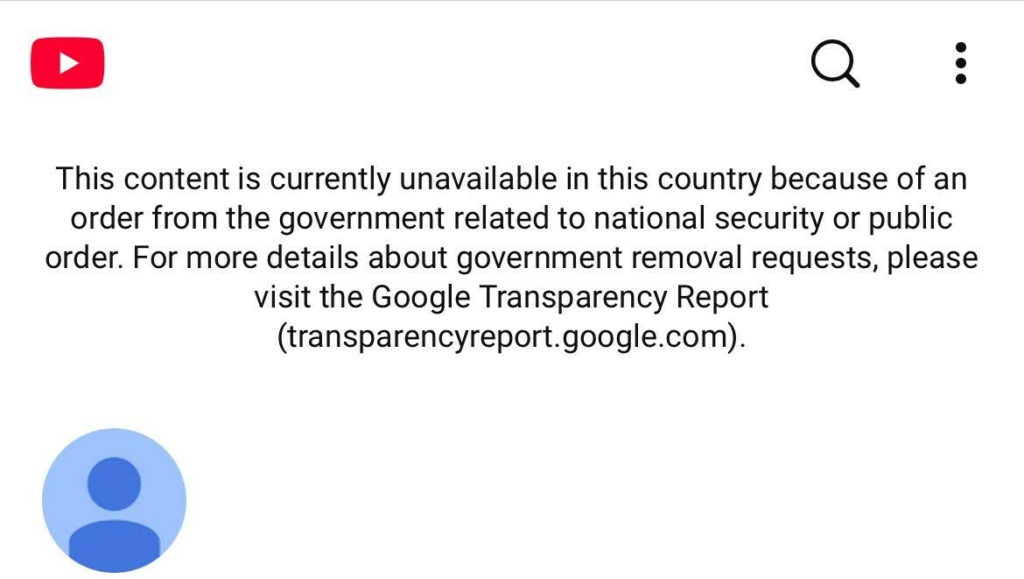
Authorities in India have restricted the following YouTube channels: Dawn News, Samaa TV, ARY News, Geo News, Bol News, Suno News, and Raftar.
Asma Shirazi, Umar Cheema, Muneeb Farooq, Rizwan Razi, and Irshad Bhatti were among the journalists whose channels were prohibited.
The inaccessibility of these YouTube channels in India was confirmed by Dawn.com.
As yet, no Pakistani official or authority has offered a statement on the subject.
According to a statement, the websites were stopped in India on Monday because of a “government order pertaining to public order or national security.”

Not even the well-known channel of former Pakistani fast bowler Shoaib Akhtar was exempt. Another commentary channel that was allegedly outlawed in India was Uzair Cricket.
Shehzad Ghias, the creator of the podcast The Pakistan Experience, said that India had also banned it.
In a post on X, it joked, “Is our small podcast a national security risk?” and included a screenshot of a YouTube notice sent to the podcast account.
“I think that Uzair Younus and I had a very reasonable and well-rounded conversation on the matter. On X, Ghias posted a link to the video headlined “Are India and Pakistan about to go to war? There is nothing in this podcast that warranted us getting banned in India.” The Pahalgam incident’s aftermath.
These YouTube channels, according to the Indian Ministry of Home Affairs, were spreading “false narratives” about India, its army, and security forces.
These networks were also accused by the Indian government of disseminating “provocative, communally sensitive” content with the intention of “inciting communal tensions.”
As tensions between the neighbors increased, Indian media reported on April 24, a day after India took a slew of measures, that the Modi-led government had shut the Pakistani government’s X account in the nation.








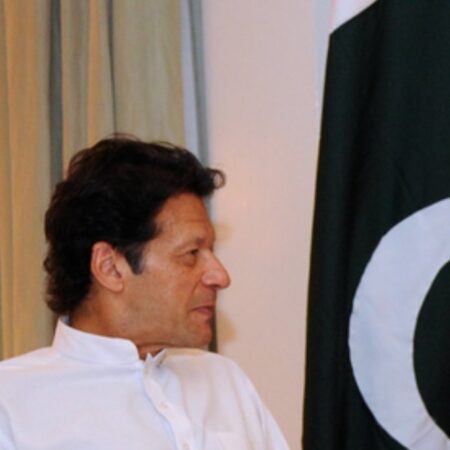
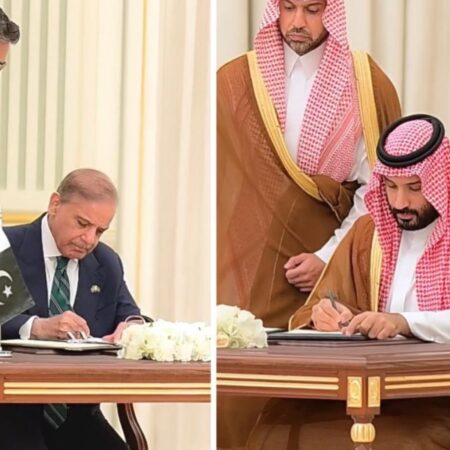
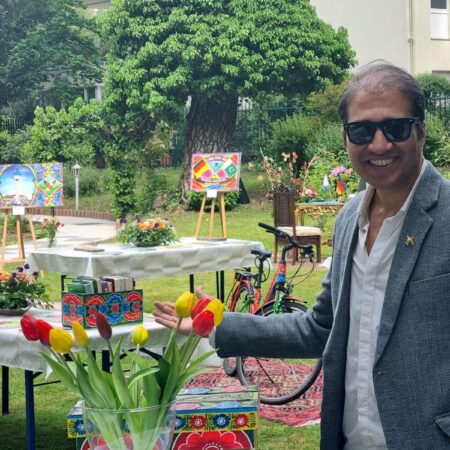
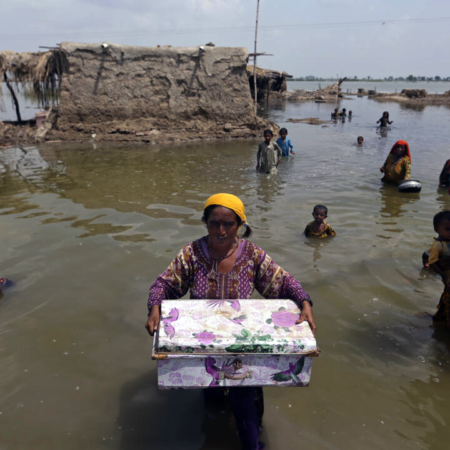
No Comment! Be the first one.